Malang, East Java (Antara) - A university professor has predicted that Indonesia should get a sizeable financial stimulus, worth up to Rp150 trillion, following next year's elections. "Although economic conditions are not showing any signs of significant improvement yet, there will at least be a special stimulus in the form of funds spreading across the community, which will be worth between Rp100 trillion and Rp150 trillion," Professor Ahmad Erani Yustika from the State Brawijaya University in Malang, East Java, said on Wednesday. He pointed out that the stimulus in the form of fresh funds would come from legislative candidates, as well as presidential and vice presidential candidates competing in next year's elections. Indeed, their financial injection would boost the economy only by 0.1 to 0.2 percent, but it will certainly help financial conditions a lot, Yustika stated. He admitted that these funds would improve the welfare of the people significantly, especially after it declined drastically this year despite people¿s rising incomes. Yustika said the growing income of the people would be unable to catch up with rising inflation, especially for food items that had reached around 20 percent. Regarding industrial development, which is expected to help support the people's welfare, Erani said the competitiveness of the country's industries has declined. During the 2004 to 2005 period, industries grew 25 to 30 percent, but now they were growing less than 20 percent, he noted. He added that during the past two decades, no changes had been made in the sector and no major activities had been carried out, which could be further developed and almost no manufacturing activities had taken place. "We wish for an economic restructuring in the country, including that of government policies and budgeting, although this is not easy to do because there are a lot of economic problems this year that have to be settled to make next year's economy perform better and smoothly," Yustika said. He pointed out that one of the principle problems facing Indonesia was a lack of infrastructure, which had not spread evenly across the country, especially among the sea and land logistic networks. Shipping logistic supplies from one region to another had proved to be more difficult than importing from other countries, he said. Given these conditions, distributors preferred importing the supplies to meet the needs of the people in certain regions, instead of shipping them from other regions in the country, he said. "This problem must be tackled seriously by the government so that we can reduce imports and our food production can be absorbed optimally at home," Yustika suggested. (*)
Berita Terkait
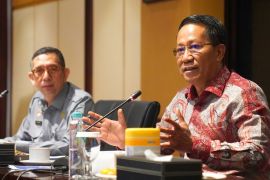
Indonesia eyes IP-based financing to boost innovation, competitiveness
16 Desember 2025 14:00
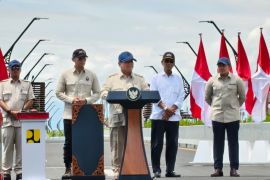
Prabowo highlights economic, tourism boost from Kabanaran Bridge
19 November 2025 15:44
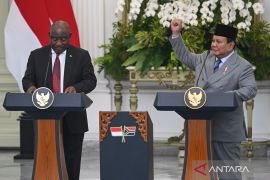
Indonesia, South Africa explore trade pact to boost economic ties
22 Oktober 2025 16:16

Indonesian MotoGP drives major economic boost, tourism surge: official
5 Oktober 2025 20:07
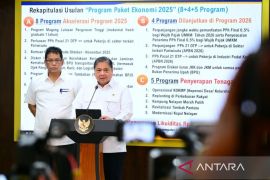
RI Govt unveils 2025 stimulus package to boost jobs, growth
16 September 2025 14:26
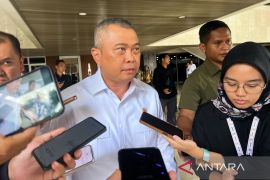
International routes boost Indonesia's competitiveness: Minister
7 September 2025 22:00
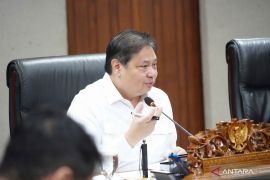
Minister Hartarto urges SEZs to boost investment realization
8 Agustus 2025 07:18
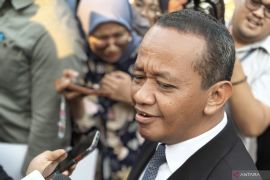
Optimize special economic zones to boost jobs: President
23 Juli 2025 07:13

